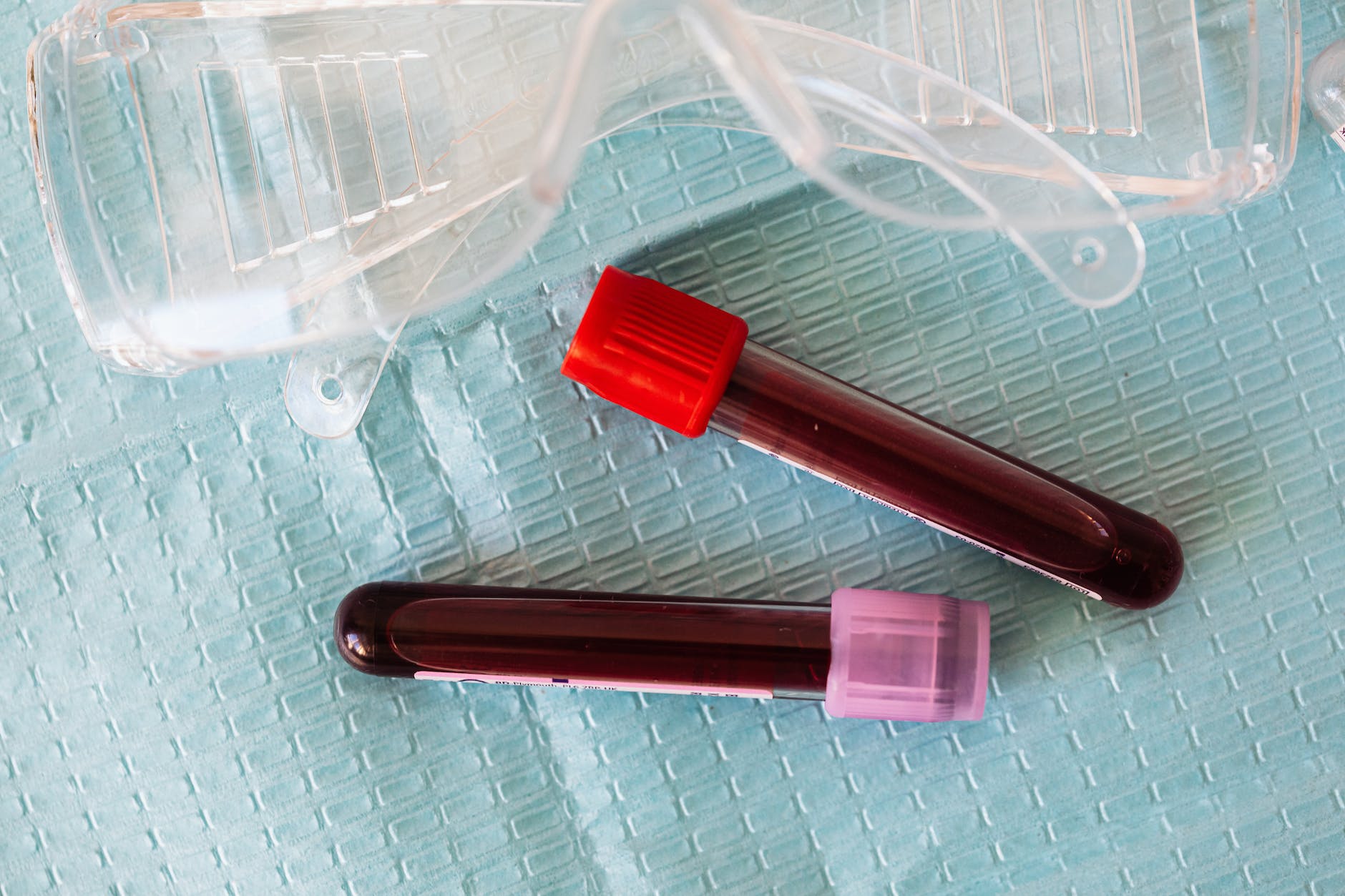In one of my previous posts, I talked about Vitamin K and calcification. It got me wondering, what about my patient’s on blood thinners?
I still remembering doing the Vitamin K/Warfarin teach for my patients during internship. So 16 years later, I think it safe to say that we are all well aware of this interaction. And our patient’s know it too!
Do all blood thinners interact with Vitamin K?
According to stop the clot.org, warfarin (coumadin) interacts with vitamin K, but other blood thinners, such as heparin or low molecular weight heparins (lovenox, fragmin, or innohep) do not. Other non-vitamin K dependent blood thinners: apixaban, rivaroxaban and dabigatran.
Warfarin and Vitamin K interact because warfarin interferes with how the body uses vitamin K.
Do people on warfarin need to avoid vitamin K?
The key message regarding warfarin and vitamin K is consistency. We want patients to try to take the same amount (either through diet or supplements each day). If your patient on warfarin decides to start taking a vitamin K supplement or increases their vitamin K intake, they may require a dose adjustment of their warfarin. Encourage them to talk with their health care provider.

In my experience, I have found that many patients decide to avoid high vitamin K foods. For them, it seems easier than trying to get a high or moderate amount of vitamin K consistently each day.
And my clinical experience appears to be a common one. According to this study, most patients on warfarin report avoiding or limiting green leafy vegetables once they start warfarin.
Is there anything wrong with avoiding Vitamin K?
Well, I learn something new everyday. That’s why I love writing this blog.
According to the same study that looked at how patients’ change their vitamin K intake after starting warfarin, this dietary change could be problematic. Low vitamin K intake may decrease the stability of warfarin therapy.
Warfarin, Vitamin K and Bone Health
Warfarin is a Vitamin K antagonist. It inhibits Vitamin K pathways in liver. Interestingly, according to this article, researchers didn’t recognize that Vitamin K had a role beyond clotting until the mid-1980s.
Now we know that Vitamin K plays a role in bone health. So it’s not surprising that concerns have emerged about the potential for warfarin to be associated with increased fracture risk. Though, results from cohort studies present mixed findings. According to this 2021 review, one reason for the mixed results could be that warfarin is impacting different groups differently. Specifically, it appears that males are at higher risk than females. And longer duration (greater than 1 year) also increases risk.
Three studies have investigated adding a Vitamin K supplement to people who are already taking warfarin to see if this makes the INR more predictable. These studies reported no difference between those who took Vitamin K and those who didn’t. Though, all of these studies were small, of short duration and failed to consider dietary Vitamin K intake.
I tried to find a study, in people on warfarin, that investigated Vitamin K supplement or high Vitamin K diets and fracture risk. Unfortunately, I couldn’t find one. Though, the 2021 review article, still makes a statement that low vitamin K intake paired with warfarin may increase fracture risk.
Take Aways
- Healthcare providers should not encourage people on warfarin to avoid Vitamin K. The key message is consistent Vitamin K intake.
- For our patients who think it would be easier to avoid Vitamin K, they may benefit from some re-education. Specifically, we want to let them know that avoiding Vitamin K could make warfarin less stable and increase their fracture risk. Disclaimer alert: Anyone taking warfarin who changes their vitamin K intake needs a monitoring plan! We anticipate that changing vitamin K will mean they need to adjust their warfarin dose.
- Researchers are beginning to study the addition of Vitamin K to warfarin therapy. To date, the published trials have been too short and too small to fully explore the pros and cons of this. So stay tuned!



